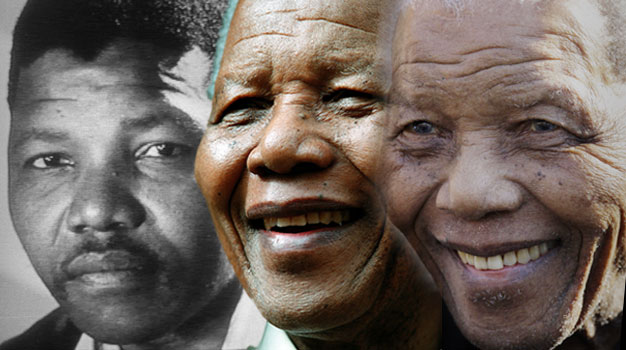The French president has begun a three-day visit to West Africa likely to be dominated by security threats in the region and fostering economic ties.
On his first stop in Ivory Coast, Francois Hollande is being accompanied by 50 French business leaders.
France still has huge economic interests in Africa, and many French businesses operate in Ivory Coast.
French-backed troops helped end a post-election conflict in the former French colony three years ago.
Strained relationsThey captured former President Laurent Gbagbo, who had refused to accept defeat in the November 2010 presidential election.
Some 3,000 people were killed as the country descended into civil war that lasted more than four months.

Franco-Ivorian relations were strained under Mr Gbagbo’s decade in power and at one stage French citizens and economic interests were attacked in Abidjan by his supporters.
Last month, the International Criminal Court said it had enough evidence to put Mr Gbagbo on trial for war crimes
He denies the charges and says he was the victim of a plot by France to oust him.
The French-language news magazine Jeune Afrique says there are about 200 French subsidiaries and some 400 small and medium French firms in Ivory Coast.
The French business leaders hope to take advantage of the Ivorian economy’s strong growth rate of between 8% and 9% in recent years.
World Bank figures show that Africa accounts for about 3% of France’s exports.
According to a paper issued by UK think-tank Chatham House last year, the continent also remains an important supplier of oil and metals to France.
It says uranium from Niger is particularly strategic and 25% of France’s electricity production depends on it.
‘Counter-terrorism plan’Mr Hollande will then visit Niger and then Chad, and is expected to finalise a plan to reshuffle the French military presence in the Sahel region.
France believes that armed groups in the Sahel are not only a threat to West African countries but also to Europe and intends to keep 3,000 troops there under a regional command structure based in Chad.
 French troops intervened in Mali in January 2013 to help oust Islamist militants from the north
French troops intervened in Mali in January 2013 to help oust Islamist militants from the northMost of these troops are already stationed in the region but they will now be deployed across borders to combat jihadi groups, some of which are linked to al-Qaeda.
They will particularly focus on the stretch of desert land that straddles across northern Mali, Niger, Chad and southern Libya, where most of the militias operate.
BBC West Africa correspondent Thomas Fessy says what France intended to be a short military campaign in Mali last year – to help oust Islamist militant groups which had taken over the north – is turning into something more permanent.
Under the “counter-terrorism plan”, France will keep more than 1,000 troops in northern Mali, where the militants have been weakened but not completely flushed out, he says.
France is already operating drones from Niger, while Burkina Faso remains a base for its special forces, our reporter says.




